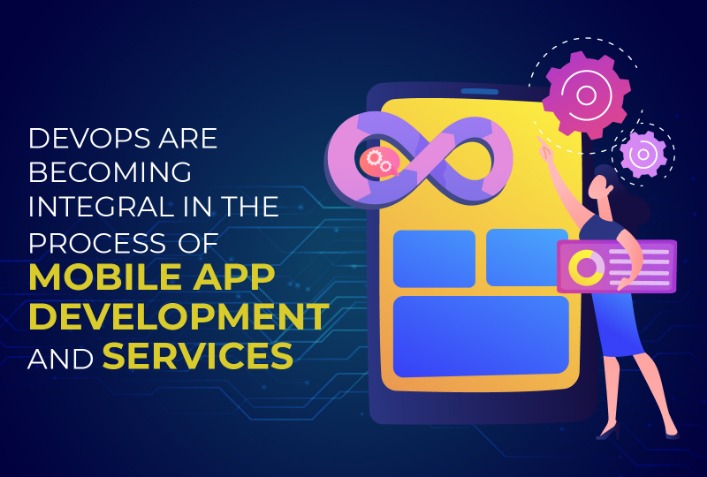In today’s digital era, Mobile App Development is at the forefront of technological innovation. Transforming ideas into functional and user-friendly apps is a complex yet rewarding endeavor. This article delves deep into the intricate world of mobile application creation, offering insights, methodologies, and best practices that aspiring developers should consider.
The Essence of Mobile App Development
Mobile app development involves a combination of creativity, technical acumen, and user-centered design. Below are key elements that shape this dynamic field:
1. Understanding the Platforms
Different platforms such as iOS and Android have unique characteristics that influence development strategies:
- iOS Development: Utilizing Swift or Objective-C, developers create applications exclusive to Apple devices.
- Android Development: Based on Java or Kotlin, this approach covers a diverse range of devices with varying specifications.
2. Choosing the Right Development Framework
Selecting an appropriate framework is integral to success:
- Native Development: Offers performance optimization but requires separate coding for iOS and Android.
- Cross-Platform: Tools like Flutter and React Native enable a single codebase for both platforms, reducing development time.
3. Designing User-Centric Interfaces
A well-designed interface can significantly enhance user experience:
- **Research and Wireframing:** Understanding user needs and creating initial mock-ups.
- **Interactive Prototypes:** Developing clickable prototypes to visualize app flow.
- **UI/UX Best Practices:** Incorporating industry standards for intuitive and accessible design.
Best Practices in Mobile App Development
Adhering to best practices ensures the creation of robust and scalable applications:
- Agile Methodology: Emphasizes iterative development and flexibility.
- Testing and Debugging: Regular testing across devices to ensure seamless performance.
- Security Measures: Implementing encryption and secure authentication methods.
- Continuous Deployment: Leveraging CI/CD pipelines for rapid updates and maintenance.
Frequently Asked Questions
What skills are essential for mobile app developers?
Critical skills include proficiency in programming languages (Swift, Java, Kotlin), understanding of mobile UI/UX principles, and familiarity with development tools such as Xcode and Android Studio.
How long does it take to develop a mobile app?
The development time varies based on app complexity, features, and development approach, typically ranging from 3 months to a year.
What are some common challenges in mobile app development?
Challenges include device fragmentation, user retention, performance optimization, and ensuring data security.
Read more about iOS App Development here.
Embracing the intricacies of Mobile App Development allows developers to create innovative and functional applications that meet user needs and market demands. By understanding platform-specific nuances, choosing suitable development frameworks, and adhering to best practices, one can navigate the uncharted landscape of mobile app solutions successfully.
